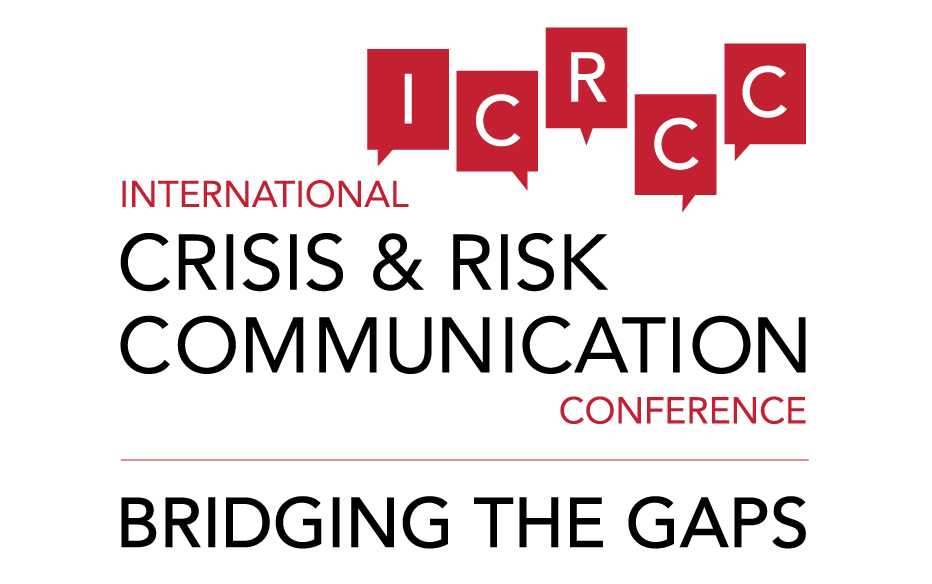University of Central Florida
One of the youngest universities in Florida, the University of Central Florida was established in 1963 as Florida Technological University. In October of 1968, the doors opened for the first classes. The original enrollment class consisted of 1,948 students. Since then, the enrollment size has increased with about 60,000 students enrolled in fall of 2012. The university prides itself on diversity and offers 212 degree programs to students from 145 different countries. UCF is committed to making life better in the classroom and the community with a student-centered approach to everything they do.
The ICRC conference is presented by the Nicholson School of Communication and Media (NSCM) at UCF. NSCM is a nationally prominent communication school attracting top scholars and professors, producing award-winning research, and consistently graduating leaders in communication-related and many other job fields. Recognized for its strong academic programs and initiatives, its state-of-the-art facilities and global learning opportunities, NSCM is committed to providing innovative learning opportunities and a collaborative environment for scholarship.
NSCM offers undergraduate degrees in advertising-public relations, human communication, journalism and radio-television. A new undergraduate degree in communication and conflict is being offered this fall. Graduate students may pursue a master’s degree in communication that can track either in mass communication or interpersonal communication. Additionally, NSCM offers a graduate certificate program in corporate communication. NSCM faculty includes top scholars and researchers, innovative teachers and successful professionals who have returned to the classroom to share their vast experiences with the new generation preparing to enter the workforce.
NSCM scholars are world-renowned for their research. Their subject-matter expertise covers an extraordinary range including: health communication, crisis and risk communication, consumer behavior, persuasion, corporate social responsibility, media history, transnational communication, and digital media among others. NSCM faculty have created and collaborated on numerous groundbreaking projects, such as the state of health communication and media in Africa, astronaut communication patterns, and physiological and cognitive responses to media. Through NSCM’s Collaborative Experiential Research Practicums (CERP), students have the opportunity to collaborate closely with faculty on such projects, learning vital research skills and making firsthand discoveries alongside internationally recognized research faculty members.


